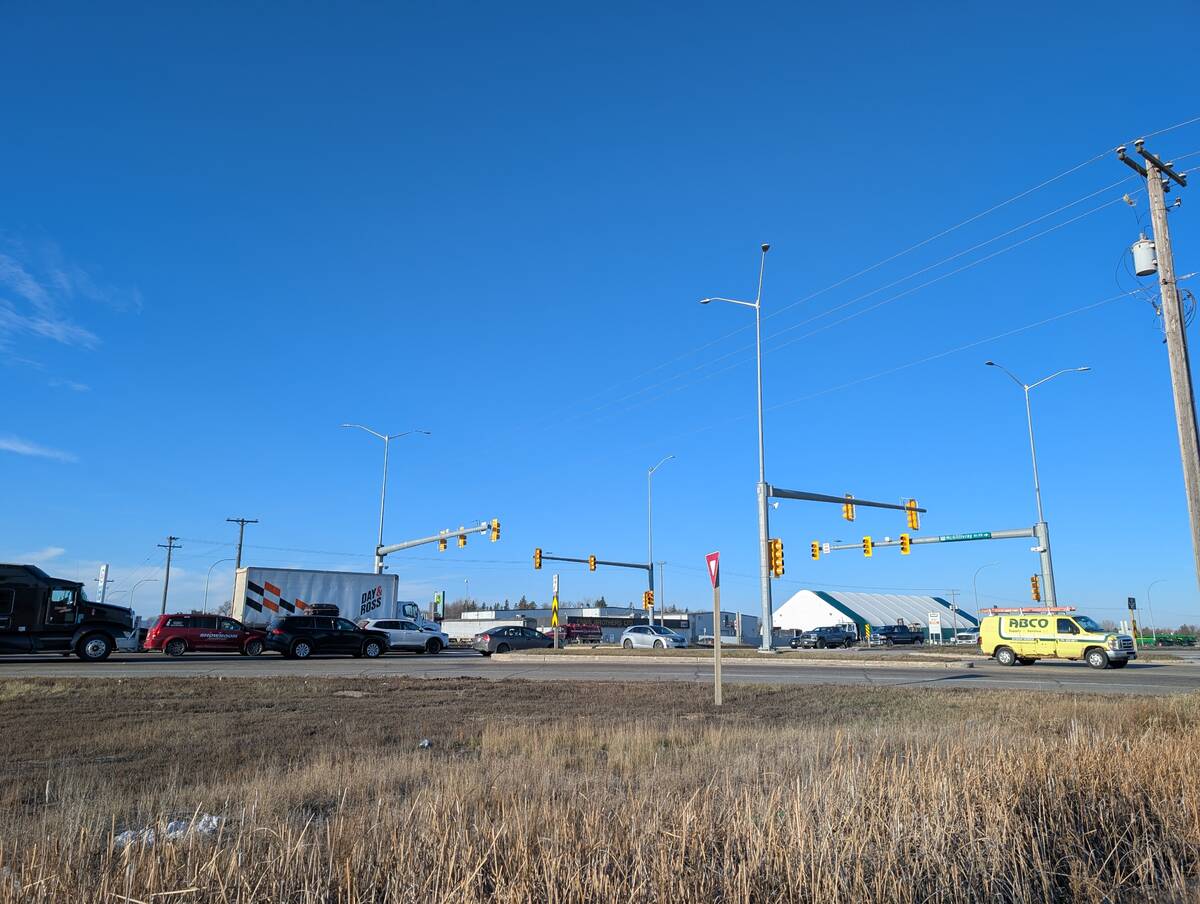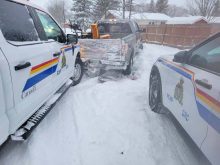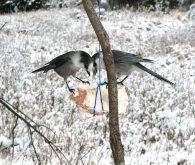It’s not the first time that rural residents and farmers have been annoyed over an expropriation process, but the provincial highway project in the RM of Macdonald is putting new scrutiny on a system that critics say leaves municipalities on the sidelines and farmers navigating a process with little recourse.
WHY IT MATTERS: Farmers in the path of infrastructure projects find themselves embroiled in an expropriation process, some of which have led to complaints that they and their farm operations were harmed by unclear timelines.
The project in question would overhaul the junction of Provincial Trunk Highway 3 and Winnipeg’s South Perimeter Highway at the community of Oak Bluff. The province has plans for a new interchange replacing the busy intersection. In the process, expropriations will impact about 19 properties, four to five farm families and 100 acres of productive farmland.
Read Also

Trade uncertainty, tariffs weigh on Canadian beef sector as market access shifts
Manitoba’s beef cattle producers heard more about the growing uncertainty they face as U.S. tariffs, and shifting trade opportunities, reshape their market.
Local government says they have little power when provincial infrastructure projects want to carve through the community.
Brad Erb, Reeve of the RM of Macdonald and a farmer himself in the Oak Bluff area, said the municipality has been reduced to a bystander role in decisions that will fundamentally reshape local agricultural operations.
“Our primary role in this whole thing was … just making sure that (the province) was dealing with the landowners and the community in a transparent way, so that they know the project is happening,” Erb said.
The municipality has no say in the expropriation process itself. That authority rests entirely with the province. Yet, Erb noted, the municipality will inherit potentially deteriorated road networks once construction wraps.
“We want to make sure that when we get that, they meet a certain standard. We don’t want deteriorated infrastructure like roadways and everything once we take ownership,” Erb said.
Consultation gaps frustrate farmers
There is further frustration on how the results of the expropriation will clash with operational realities facing farmers, and a feeling that consultations dismissed those concerns.
The expropriation will leave behind fragmented parcels that undermine farm efficiency, Erb said small fields that technically remain productive, but don’t align with modern equipment or economies of scale.
“They’re certainly not desirable or practical if it’s a five acre or 10 acre or 15-acre parcel. I mean sure, that’s farmable, but it’s not efficient by any stretch,” Erb said.
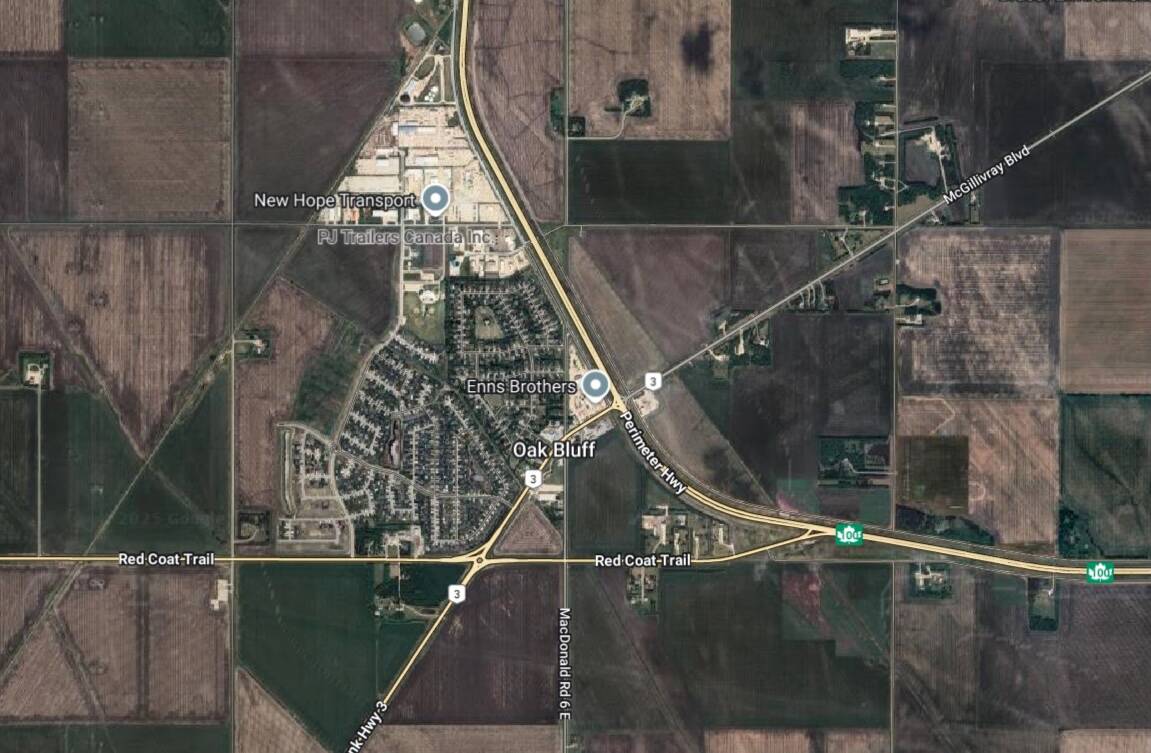
For farmers, especially new entrants or those renting land, the uncertainty around expropriation complicates long-term planning and financial stability. Yet there’s no clear timeline for when offers will be made or when the project will break ground, critics argue.
That echoes complaints levied in 2019 and 2020 by farmers in the path of the planned Lake St. Martin outlet channel. Farmers there complained the uncertain timelines held farms and homes in limbo, making farm planning difficult. Further complaints argued that farmers got little insight into what they’d be offered for their land prior to the expropriations going through.
Erb’s dual perspective as both reeve and farmer captures the potential tension of such infrastructure development.
“This overpass is long overdue. That’s speaking as a farmer. The traffic and safety concerns in our community are horrible,” he said.
“I just want to make sure that those farmers who are affected are fairly compensated.”
Industry calls for policy change
Keystone Agricultural Producers (KAP) said the situation underscores the need for a more rigorous framework that questions whether farmland removal is necessary in the first place.
“We want to protect farmland and make sure agriculture can remain an important part of the economy, and we want to minimize and actually have no farmland lost,” said Colin Hornby, KAP general manager. “The other part of this is wanting to make sure that we do have good, high-quality infrastructure so that we can move products to market.”
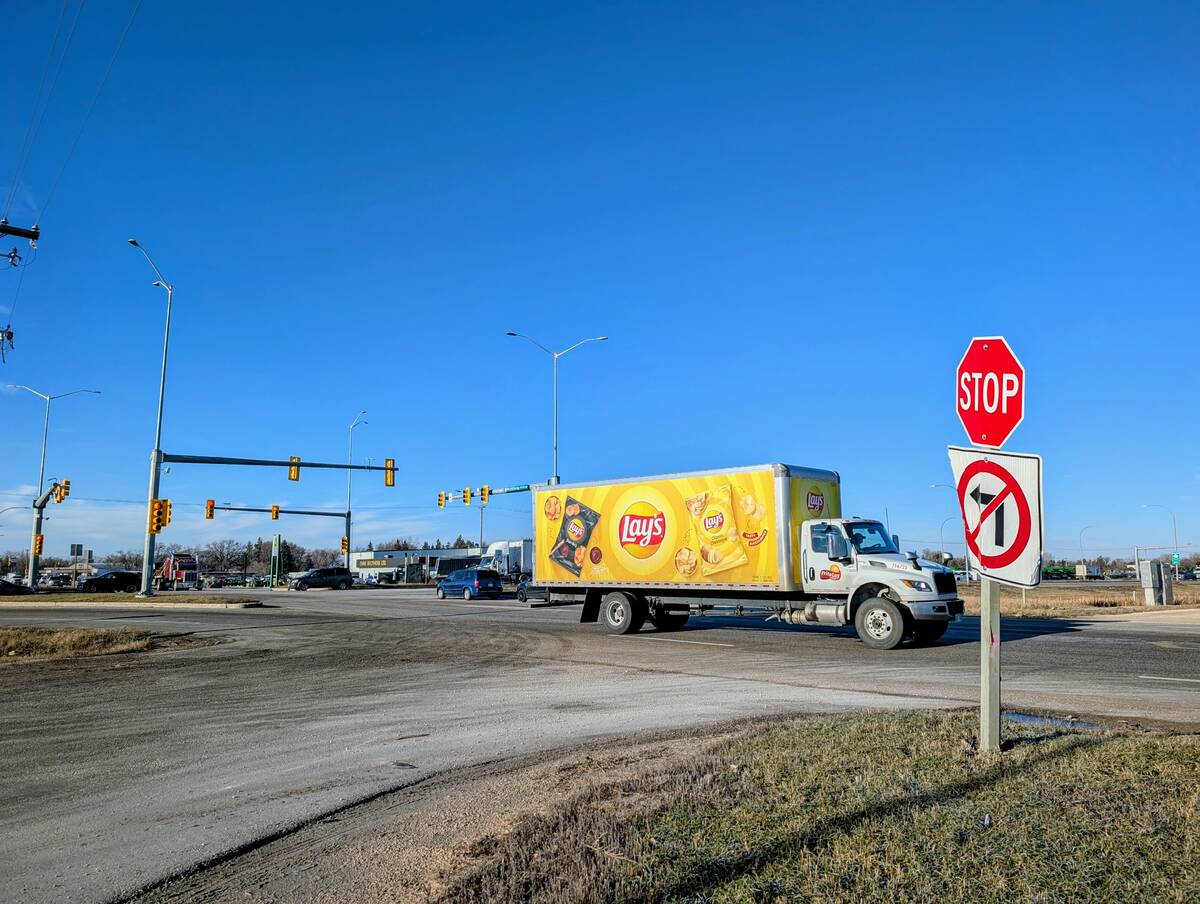
Hornby questioned whether acres truly need to be taken out of production, or whether alternatives could be found. He reaffirmed KAP’s commitment to ensuring landowners receive fair value and that farmland loss is minimized.
KAP said it will continue pressing provincial and municipal governments to safeguard agricultural interests and establish clearer standards for consultation and compensation.
Province defends process
The province maintained it’s following proper protocols.
“The department understands the difficulties and challenges that expropriation can have on land owners and ensures that the process is carried out in a respectful manner with all property owners,” a spokesperson wrote in an email to the Co-operator.
Construction timelines remain unclear, but offers to affected landowners are expected soon.


